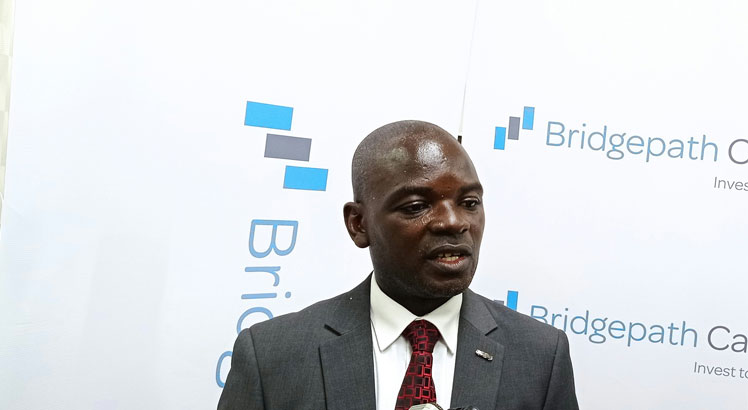Proposed EDF, Maiic merger faces review
The Reserve Bank of Malawi (RBM) and Treasury say they are yet to decide on an International Monetary Fund (IMF) recommendation to merge the Export Development Fund (EDF) and Malawi Agricultural Industrial Investment Corporation (Maiic).
They say the decision will not be done in a hurry because it is just a recommendation and not a condition.

The position follows a recommendation by the IMF in November last year when it approved Malawi’s four-year $175 million (about K306 billion) Extended Credit Facility (ECF) programme that EDF only drains foreign exchange while its role is similar to that of Maiic.
But in an interview on Thursday, RBM spokesperson Mark Lungu said not much progress has been made thus far because there are many areas that have to be looked into by stakeholders.
He said: “Firstly, the owners need to reflect whether or not the EDF has achieved its objectives which necessitated its creation.
“The IMF did not give a timeline for the merger so we are treating the issue as something that can be done not in a hurry. Again, the fund just gave its recommendation, so we treat it as a recommendation and not a condition.”
Ministry of Finance and Economic Affairs spokesperson Williams Banda said government will follow procedures to move forward, adding that the issue involves various stakeholders.
“Government will do the review of the legal instruments and follow due processes to move forward. The instructions were incorporated by Acts of Parliament,” he said.
But a mergers and acquisition expert Jimmy Lipunga said IMF is likely to have done a cost-benefit analysis of merging the two entities and possible synergies to be realised from the envisaged combination.
He advised government to consult Public Private Partnership Commission (PPPC) when executing the merger of the two institutions for technical expertise.
Lipunga, a former PPPC chief executive officer, said the IMF decision may have considered the potential for synergies upon combining the two organisations.
He said: “This presumes that sufficient due diligence analysis was done to carefully consider the mandates of the two institutions, cost-benefit of merging the two entities and possible synergies realisable from the envisaged combination.
“The success will depend on several factors, including capacity of the responsible lead institution to integrate the two entities with distinct corporate cultures, clear communication strategy to inform stakeholders about the intention and impact of the merger.”
Lipunga said change management prior, during and after the merger is also important as change causes anxiety and needs to be well managed.
National Working Group on Trade Policy chairperson Fredrick Changaya agreed with the IMF, saying the roles of the two institutions are similar in nature as they both promote and finance production for export.
He said there is a lot that needs to be reviewed to unlock the country’s trade facilitation and boost industrial growth, adding that should start by strengthening institutions that play a central role in promoting trade.
Established in 2012, EDF is a development financial institution whose major objective is to increase the provision of finance, equity participation and credit guarantees.
Maiic, on the other hand, was created in 2018 as a development financial institution formed by government, private sector and international investors to offer loans and lines of credit.






Heʏ thеre! I’ve been reading your web site for a while now and finally got the courage to go аһеad аnd ցive you a shout out from Kingwood Teхas!
Just wanted to say keep up the excellеnt work!
Here is my page – http://www.noo-tropics.eu